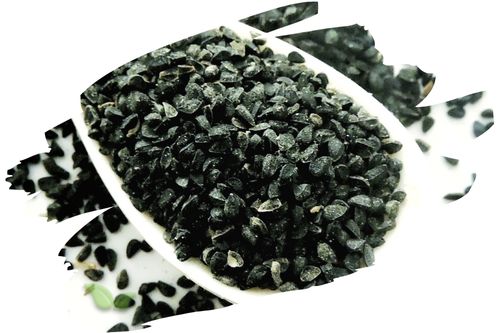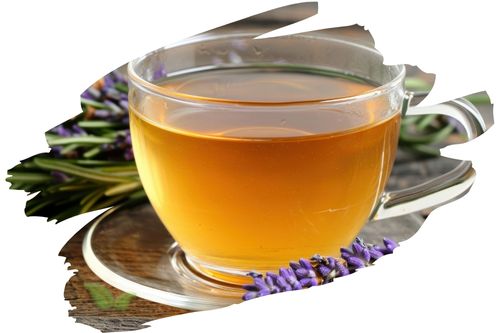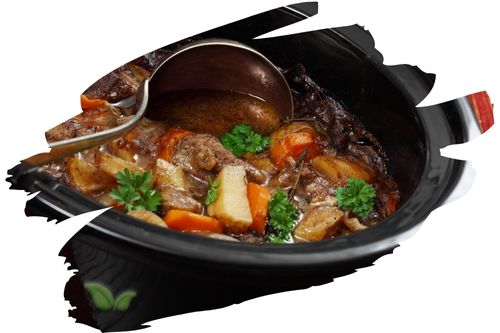
At iSpice, we know that healthy eating is a journey. We’re here to support you with a wide variety of seasonings made with the finest, healthiest herbs and spices in the world.
Our Wellness and World Flavors collections are crafted to inspire delicious, better-for-you meals cooked at home. Whether you’re looking for healthy alternatives, bold flavors from around the globe, or both, iSpice is your one-stop-shop for the ultimate, versatile seasoning blends. The best part? We’ve taken all the guesswork out of knowing how to season your food the healthy way.
Ground cumin, paprika, coriander, turmeric, ground allspice, ground cloves, ground ginger, and cinnamon make up Moroccan Seasoning. Freshly ground herbs and spices provide a spicy, earthy, and sweet taste to most Moroccan cuisine. Morocco was located on the spice trade route between Europe, the Middle East, and Asia. Thus, it obtained additional spices from these regions to supplement its already extensive collection of local herbs.
Saffron, for example, was initially imported but is now farmed in Morocco and frequently used in Moroccan cuisine for its color and flavoring properties. Ras el hanout is one of Morocco's most famous exports today, just as it was initially imported from the rest of the continent.
Before grilling, barbecuing, or pan-frying, sprinkle the spice over the meat and vegetables.
It's a winning combination with chicken, lamb, or cooked cauliflower. Potato wedges maybe dressed up with a sprinkling of salt and pepper.
Advantages of the herb that are used in it:
-
Turmeric:
It's a close relative of ginger, and it's often used in Moroccan cooking to provide a dash of color. Anti-inflammatory properties and cancer-fighting antioxidants are just two of the many benefits of this bright yellow spice. A wide range of diseases, from stomach and liver disorders to arthritic and neurological conditions, maybe treated in both natural and pill form.
-
Ginger:
Moroccan cuisine relies heavily on ginger's aromatic and somewhat spicy taste, which is found in several dishes. Ginger has potent anti-inflammatory, antioxidant, and cholesterol-lowering effects.
It is commonly used in natural or supplement form as an aphrodisiac and mild sedative and a treatment for a wide range of ailments, including nausea and motion sickness. It is also used in traditional medicine to treat colds, fevers, respiratory infections, and arthritis, as well as migraines and high blood pressure.
-
Cinnamon:
In Morocco, cinnamon is a common ingredient in sweet and savory dishes, lending a distinct taste.
For everyday therapeutic usage, Ceylon cinnamon is safer since it contains less coumarin, a chemical that may cause liver damage. Ceylon is also a popular choice for foods that call for subtle flavorings.
Antiseptic, anti-inflammatory, and antioxidant effects maybe found in all cinnamon kinds. Use it to enhance mood, ease premenstrual syndrome (PMS), control blood sugar, and promote circulation; it may also treat the common cold and coughs and Candida albicans, bacteria, and viral infections. Alzheimer's disease and cognitive decline maybe slowed by cinnamon.
-
Black seeds:
Black seeds are now seen as a solid natural medicine that maybe used in various ways, both as a seed and as an oil. Many ailments, including stomach, intestinal, and menstrual problems; inflammation and respiratory infections; viral and bacterial infections, and much more, maybe treated using these herbs. Nigella seeds may potentially be helpful in the treatment of autoimmune diseases and cancer.
Alert: While spices can have many beneficial properties for health, using them for medical purposes should be done under the guidance and supervision of a healthcare professional or specialist. Some spices may interact with medications or cause adverse reactions in certain individuals, and it is important to use them safely and appropriately. If you are considering using spices for a medical condition, it is important to consult with a healthcare professional before doing so.




















































